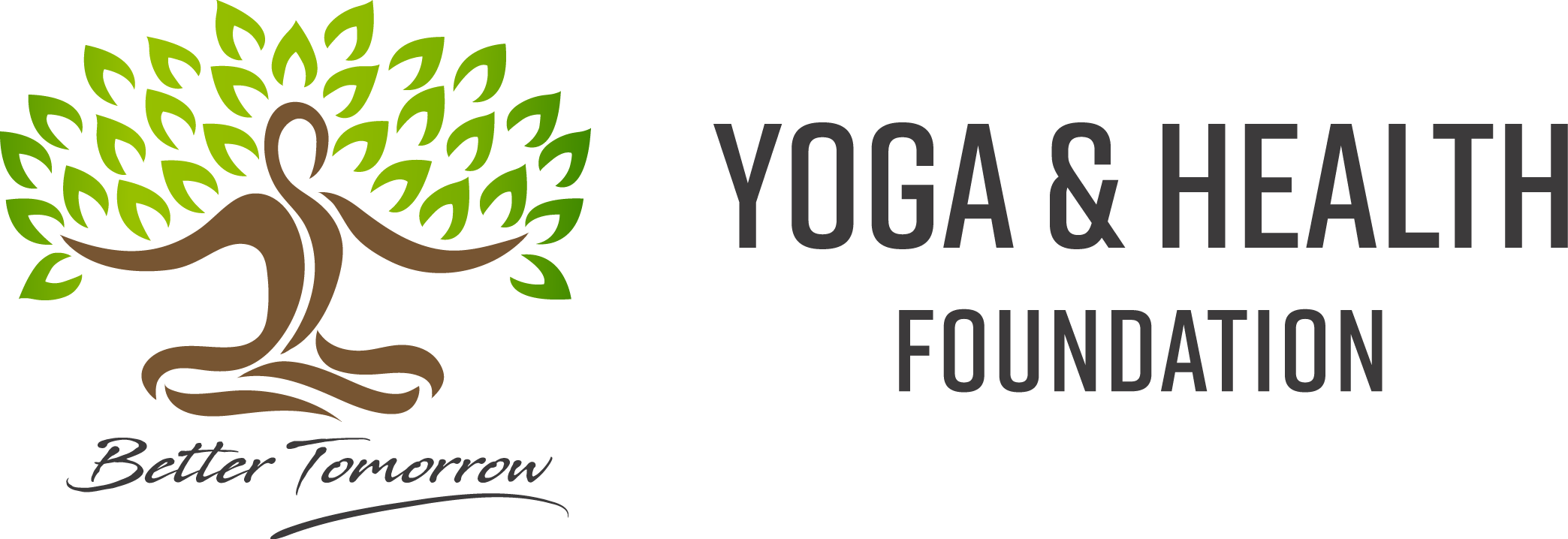Dealing with Difficult Emotions: Tips for Healing Your Relationship with Your Emotions
Have you ever found yourself suppressing your emotions? Do you sometimes feel so stressed out that it affects your relationships and health? Are you tired of feeling restricted by your own fear or being emotionally reactive? Emotions are instinctive responses that are here to help you grow. There are no…







